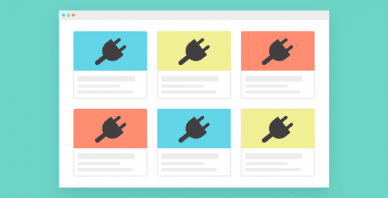Table of Contents
Last update on
This is a guest post. Opinions and recommendations are the author’s own.
E-commerce websites definitely require special attention from developers, not only in terms of security, as they store users’ information, and performance, as they usually have a lot of products, but also in terms of effective UX to make a customer journey smooth and effective in terms of sales. That’s why product filters play a vital role in such websites.
In this article, you’ll discover the key functionality WooCommerce filters should have to do the job and find a list of useful WooCommerce filter plugins that provide it.
What Are Product Filters, and Why Are They Important?
Product filters are a must-have tool for any e-commerce website with more than just a few products to help narrow down a search based on specific keywords, attributes, and other criteria.
Thus, visitors don’t have to scroll through the whole product catalog, get overwhelmed, or get annoyed, and, as a result, leave a website without making a purchase.
With a proper filter set, they can enjoy the shopping experience by choosing the categories they prefer, be it brands, style, technical characteristics, etc., and also sort the products according to certain criteria.
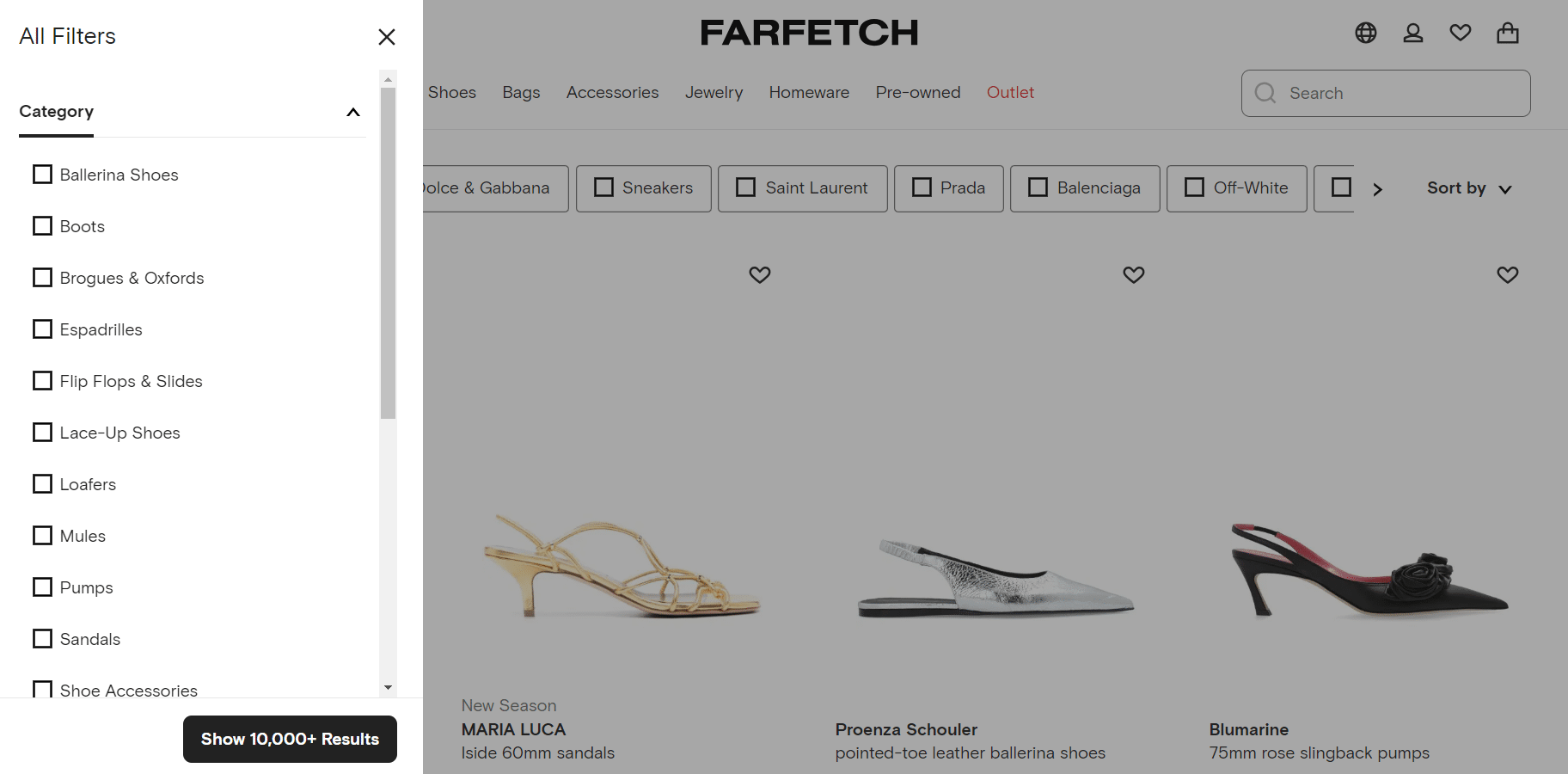
Let’s boil down the main advantages of product filters on any e-commerce site:
- Filters save clients time, a lot of time, which means enhanced user experience, being able to find what they want quickly and easily;
- Better engagement, as customers can have an enthralling journey discovering new categories and offers;
- Increased sales thanks to the guidance you provide, as filters help to show more products that match the client’s requirements.
Main Features of Efficient Filtering Plugins
Product filters should prioritize user experience and combine it with commercial goals, such as upsales. Different product groups require different filter types and an approach that matches them.
For example, when it comes to furniture or craft supplies, filtering by color is often essential. At the same time, when we are dealing with hundreds of different colorful dresses, it’s probably better to filter them by thematic categories, such as “formal,” “casual,” etc.
Efficient filter plugins for WooCommerce can provide a wide range of filter types and are easily customizable, providing the full functionality an e-commerce website may require. Have a look at the list of features that are important for most filter plugins.
- AJAX support, so the page will not reload each time the customer checks another filter, as it’s not user-friendly and time-consuming.
- A variety of filter types to filter by categories, tags, attributes, and price.
- Proper responsiveness settings are needed so filters look good on any device.
- The plugin should be lightweight to avoid slowing down the website and to provide a great user experience.
- The plugin should provide the functionality of combining and layering filters, so customers can find exactly what they want quickly.
- Customizable layout and “Apply” and “Reset” buttons to adjust to any language and context.
Best WordPress Product Filter Plugins
The choice of the plugin for your WooCommerce project depends on the project in the first place. While simple free plugins might be enough for some small projects with a few dozen products and several categories, big eCommerce websites require a more advanced solution provided mostly by premium plugins. For example, filtering by custom fields, and conditional logic to place filters only on particular pages.
Also, before choosing a product filter plugin, figure out whether it will be used only for WooCommerce or if you want to add filtering functionality to other website sections. This is important because some of the plugins work with WooCommerce products only, while other plugins can filter and sort any post type, including custom post types with their custom meta fields.
For example, your eCommerce website sells fitness equipment and has a section with a list of training programs. Each program is implemented as a “program” custom post type, with “time,” “equipment,” and “difficulty level” custom fields, and you want to apply a set of filters to them as well.
Below, you’ll find plugins that work exclusively with WooCommerce products, as well as plugins that can be used with any post type.
1. JetSmartFilters by Crocoblock
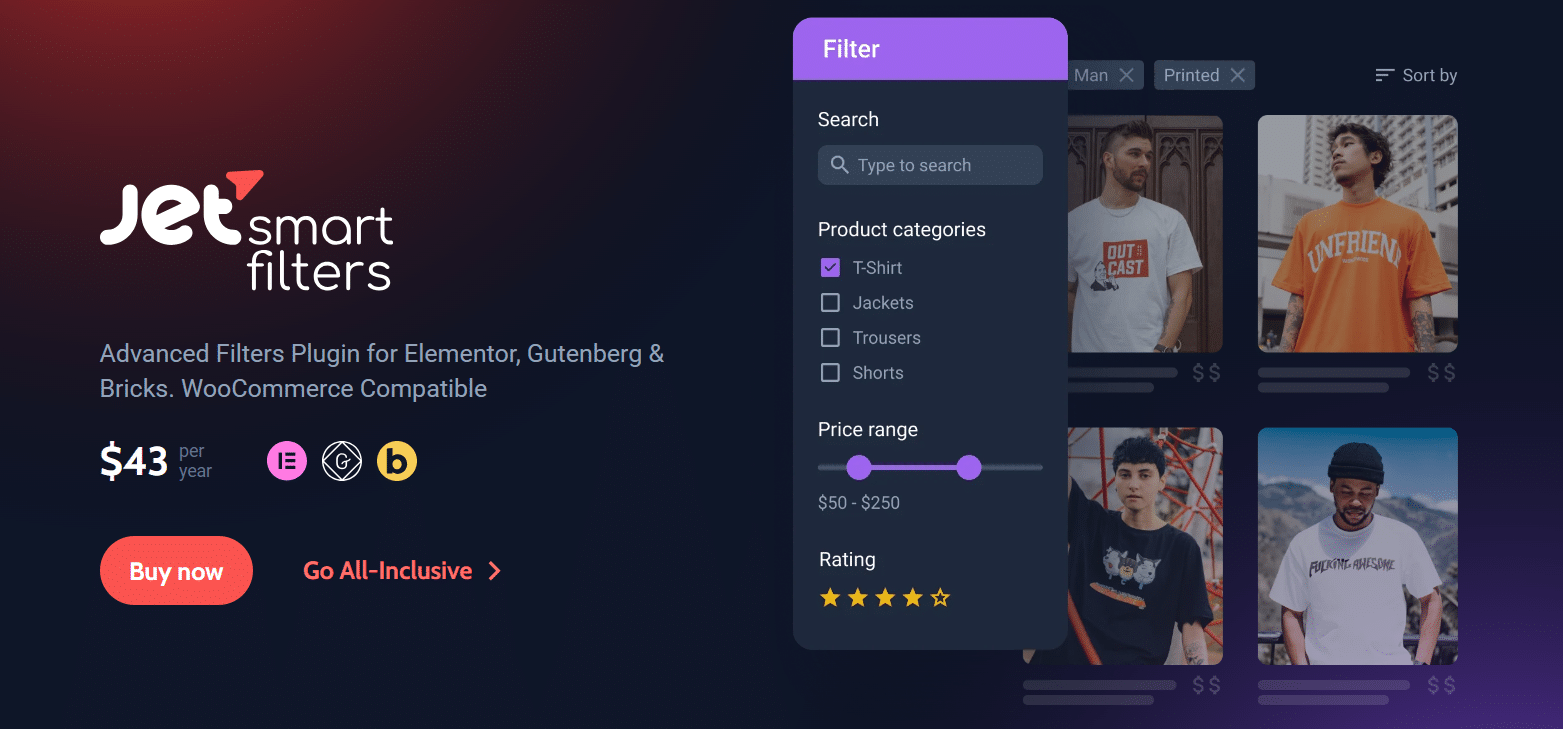
It’s called “smart” because this plugin offers very flexible settings and can even offer different filter sets for different containers on one page. It also allows you to layer filters using hierarchical taxonomies and fully customize them. In addition, you can use automatic indexing to show post count by any filter and adjust URL structure.
In combination with JetEngine, it can also deliver results of another level, work with users’ geolocation, show users predefined filter results, and even make dynamic loops work as filters.
Pros and cons:
These are effective and highly customizable filters that work with Block Editor, Elementor, and Bricks, as well as ACF, Toolset, Pods, and more. You can adjust the filter logic and styling completely visually without coding. The plugin is AJAX-powered, but you can also choose a page reload or mixed mode if you wish. It’s easy to use, but if you are a complete beginner, it might take a bit of time to learn how it works.
Pricing:
$43 per year, or $199 for the whole Crocoblock suite per site.
Why do we recommend it?
It’s a highly customizable and powerful plugin that works with WooCommerce or any other post types, taxonomies, or custom fields. The JetEngine plugin can supercharge it to work with custom queries, maps, etc. But even without it, it offers enough for projects of any complexity.
2. Husky Product Filter

This is an easy-to-use plugin exclusively for WooCommerce that filters products by the most popular features. By default, the plugin offers filtering by categories, tags, ratings, and meta fields, as well as sorting by price, rating, and text search.
There is a set of extensions, and some of them are pretty unique. For example, there is a Filter Messager, where users can subscribe to the updated search results and receive email notifications.
Pros and cons:
It’s great that this plugin offers a free version, and for the basic plugin’s functionality, it can be beginner-friendly.
However, it has quite noticeable limitations in terms of settings and design, as well as filter choice and use of AJAX (it’s only applicable to a few filters). To make it work properly and have buttons like “Reset Filters,” you will need to buy a Pro version.
Pricing:
Free or $42 for a Pro version lifetime on CodeCanyon.
Why do we recommend it?
It’s easy to use and has a free version. With simple presets and shortcode settings, you can set up the most basic filters quickly and easily.
3. YITH WooCommerce Ajax Product Filter
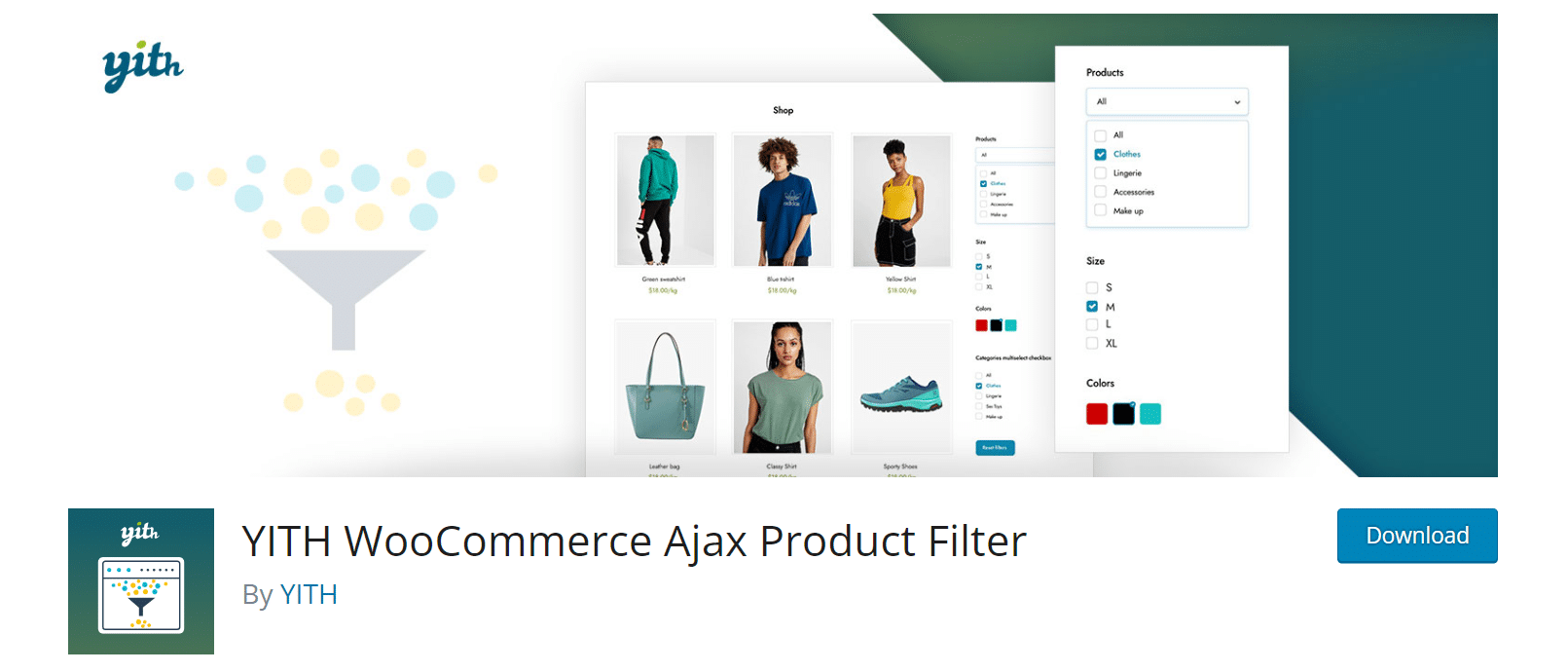
YITH is quite a famous player in the WooCommerce market, and this is their solution for product filtering. Using its intuitive interface, you can create not just filters but filter presets (in other words, sets) to use on different pages, and it’s pretty smart.
You can display categories hierarchically and hide empty or inapplicable attributes. By default, filters use the theme’s styles for typography and colors.
There is a limited free version, and, most probably, you will need a Premium one, at least to use a sorting feature, icons, or filter by price.
Pros and cons:
This plugin is well-designed, and the developers paid significant attention to responsiveness. However, the support seems to be not that efficient, according to the users’ reviews.
Pricing:
Free and the Premium for $89.99 a year.
Why do we recommend it?
The plugin has a well-organized and intuitive interface, a nice design of the filters out-of-the-box, and a free version, which can be enough for small stores.
4. Product Filter by WBW
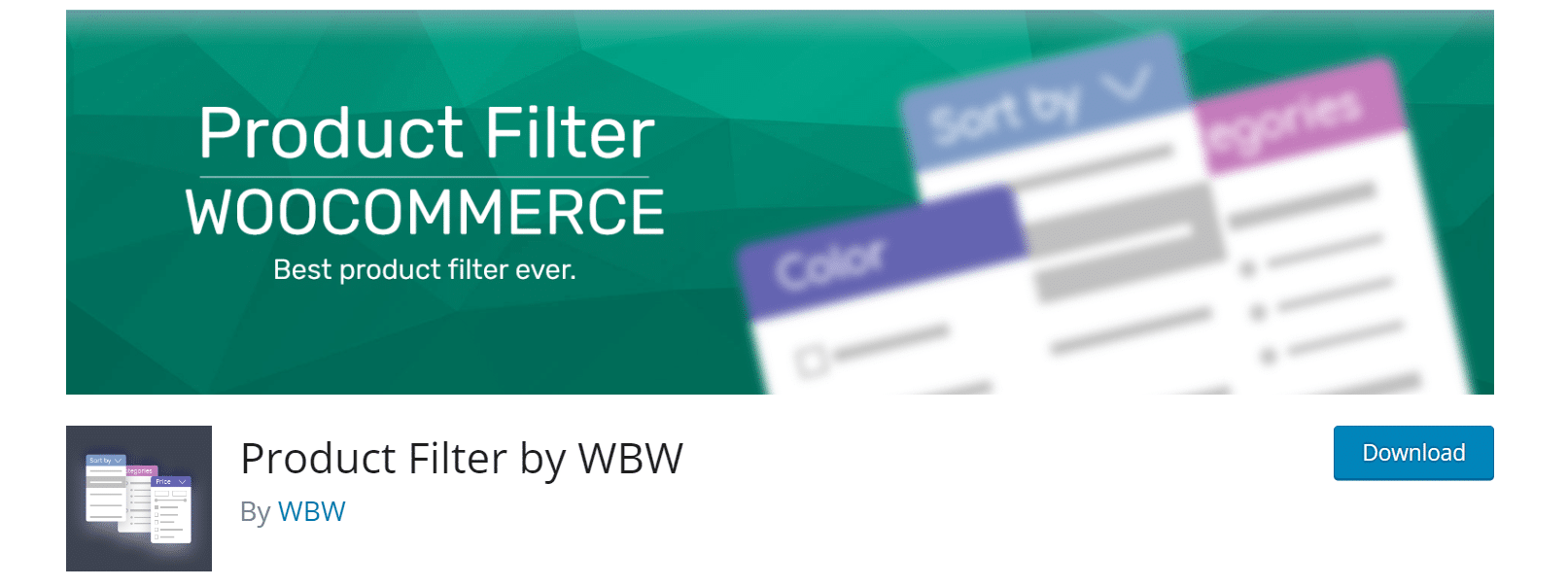
This plugin cannot boast a modern interface design on the back end, but it looks pretty good on the front end, inheriting the theme style. The setup process is straightforward: you choose filter criteria from the list and then proceed to the adjustments. There are a lot of settings for each filter, so you can create exactly what you want and make it look the way you want. For example, you can add a search by category name, which is cool for big stores, add images, exclude some categories, show hierarchy, result count, and much more.
A great feature of this plugin is that you can see the front-end preview instantly, which saves a lot of time.
As with most freemium plugins, some of the features are available only in the Pro version; however, it’s pretty functional even in a free version, offering all the necessary tools and settings.
Pros and cons:
It’s a feature-rich and highly customizable plugin. In the free version, you can customize the design mainly using CSS, and another downside is that the plugin doesn’t offer filtering by custom fields.
Pricing:
Free, or $99 a year. The lifetime is available for $149 for one project.
Why do we recommend it?
It’s a highly customizable plugin with filtering functionality that covers the needs of most WooCommerce websites. Also, its free version is quite usable.
5. Filter Everything — Product Filter & WordPress Filter
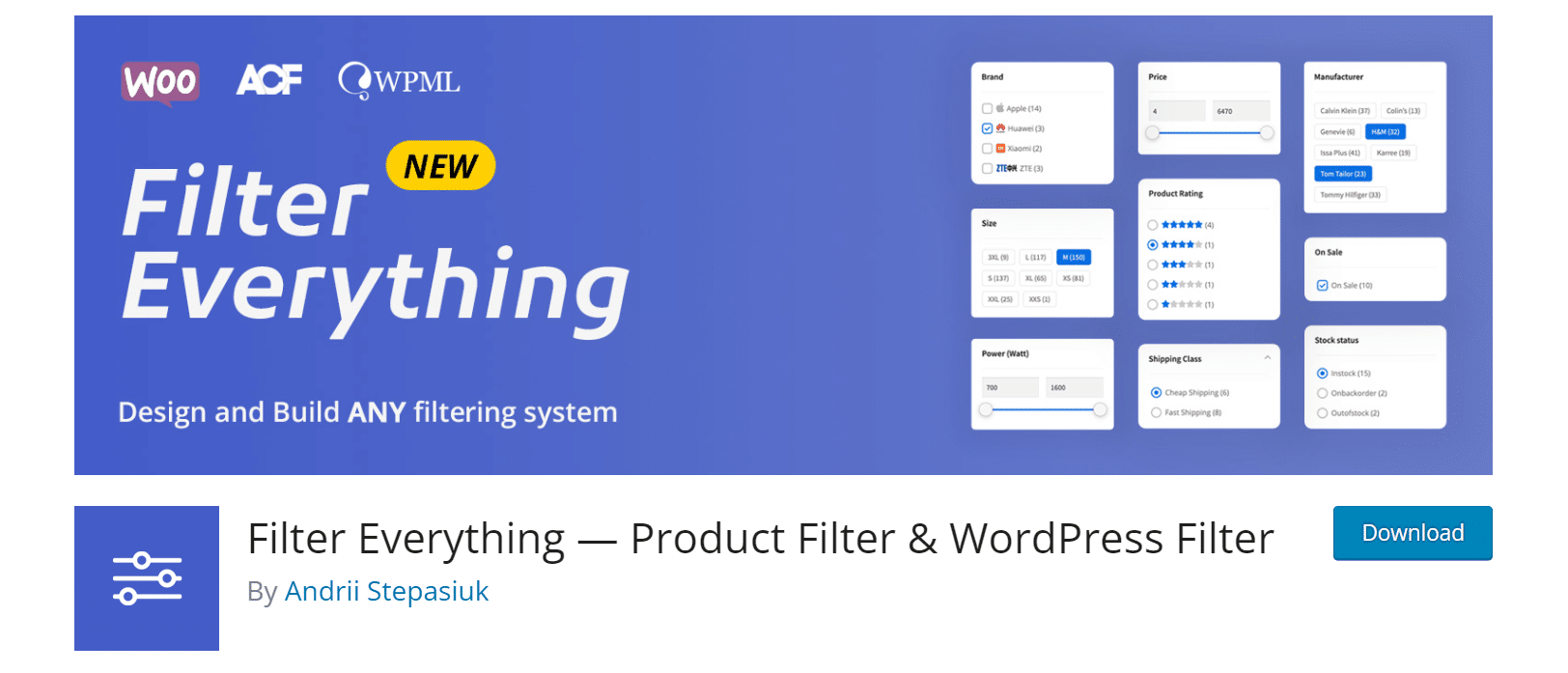
As the name suggests, this plugin works not only with WooCommerce but with any post type, including custom post types. Using it, you can create filter sets and display them on particular pages. However, this option is only available in Pro, as in the free version, it will only work on archive pages.
This plugin has a simple and clear interface yet powerful functionality. You can adjust URL structure, filter custom queries, set up step-by-step filtering, use color swatches, etc. It’s developer-friendly, as it has a list of hooks to use in a more flexible way.
Pros and cons:
This plugin is definitely a good solution for any website type where filtering is required. Even in its free version, it offers enough for a small web store. It has a classic design by default, which will suit most layouts, but if you want more, you should write some CSS. Overall, this plugin is more for seasoned developers than beginners.
Pricing:
Free or $40 for a lifetime on CodeCanyon.
Why do we recommend it?
It can filter any post type, works with custom queries, and supports custom URL structure, which is already a good package. Also, it has all the most-used filter types for WooCommerce, as well as sorting and searching.
6. Advanced AJAX Product Filters
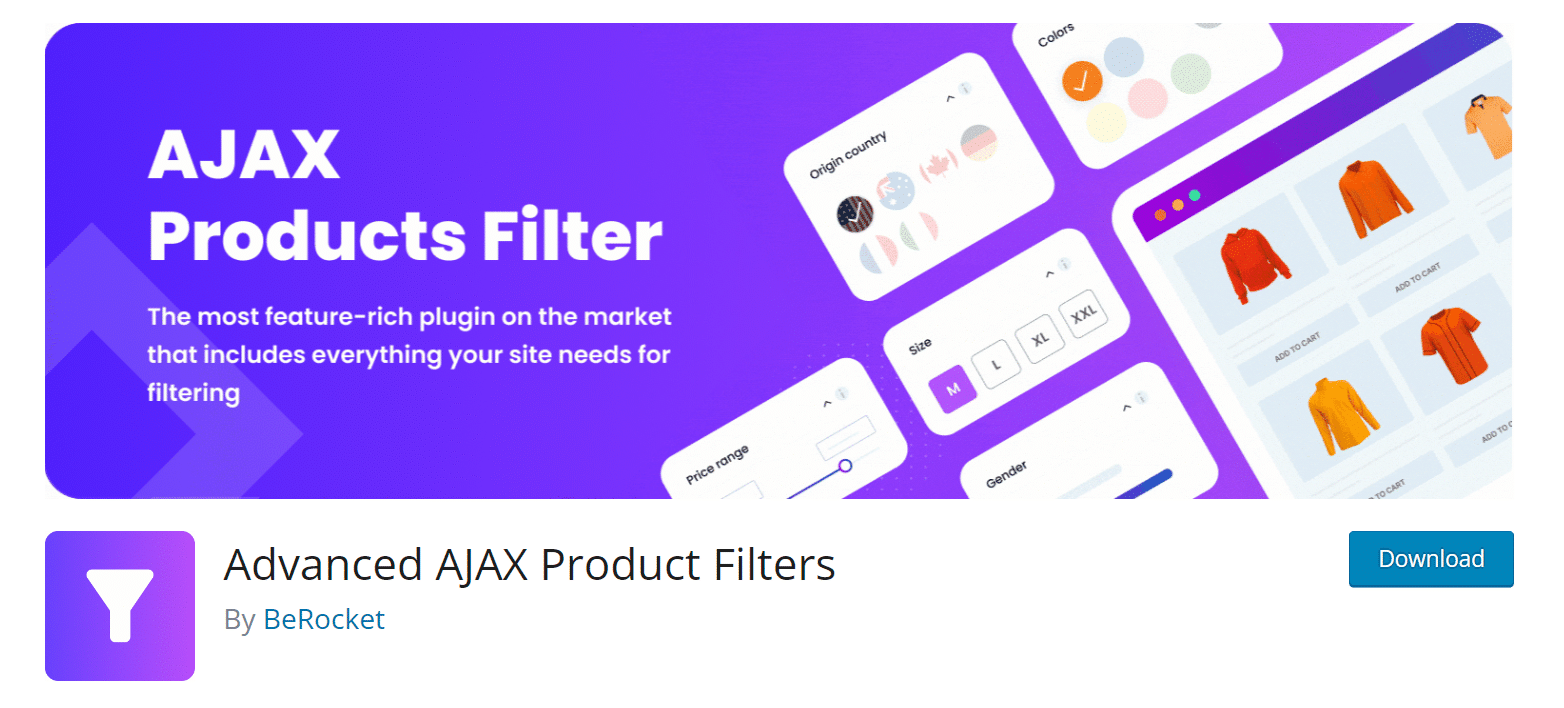
This plugin is feature-rich, and even the free version has something to be proud of. For example, conditional visibility can be set up for each filter. Also, visibility settings are available depending on the device type. You can choose between filter types and easily add images or colors to the filter options.
Pros and cons:
It’s a powerful plugin that lets you add various filter types quite easily, organize them in groups, and set conditional visibility. The Pro version supports custom URL structure, custom taxonomy support, and other perks. Overall, it seems like a very good deal for its price.
Although the developers obviously did their best to make the interface user-friendly and even made a setup wizard, it feels a bit overwhelming if you are not used to it yet. Also, beginners might be confused if they have to add custom styles with CSS.
Pricing:
Free, or $44 lifetime for one site.
Why do we recommend it?
It’s a powerful and affordable plugin with many settings and can be a great choice, especially for those who are looking for filters with color swatches or images.
FAQ
What is a product filter in WordPress?
It’s a tool for e-commerce websites, mostly run by WooCommerce, that helps narrow down the list of products on the category or main shop page and select exactly what the customer wants.
How to create a product filter for WooCommerce?
You should use a plugin that matches your goals and the filter types you want to implement. There are free and paid plugins that offer this functionality.
Can filter plugins conflict with my caching plugin?
Yes, they can, especially if they use AJAX technology. But the solution here is to properly set up caching plugin settings and use exceptions if needed.
Takeaway
WooCommerce product filters enhance the shopping experience by allowing customers to easily refine their search and find products that match their preferences. Without them, online shopping would be a nightmare and a hard job of endless scrolling. So, this personalization can increase customer engagement and loyalty, leading to higher return rates.
That’s why WooCommerce product filters are a crucial and absolute must-have for online stores. They are directly related to customer satisfaction and sales and are key to a personalized shopping experience.
In this article, we went through a list of the most popular WordPress product filter plugins that can be used mostly for WooCommerce products, but some of them also work with other post types, custom taxonomies, and meta fields.


